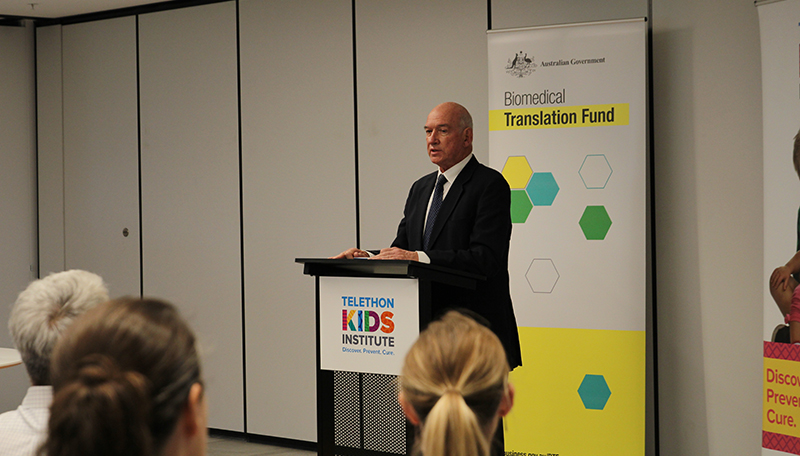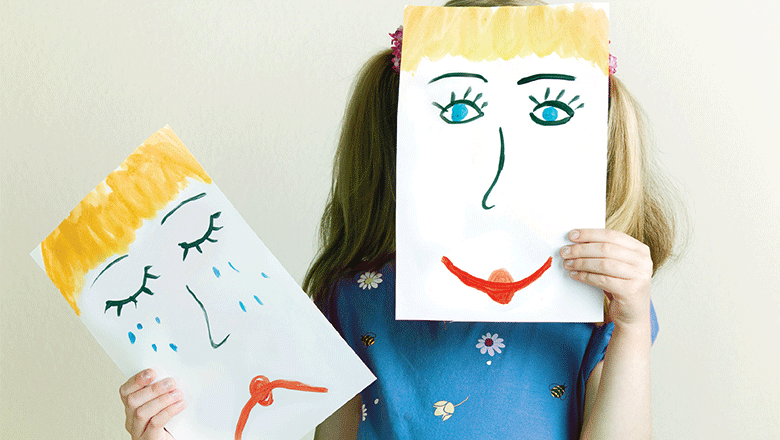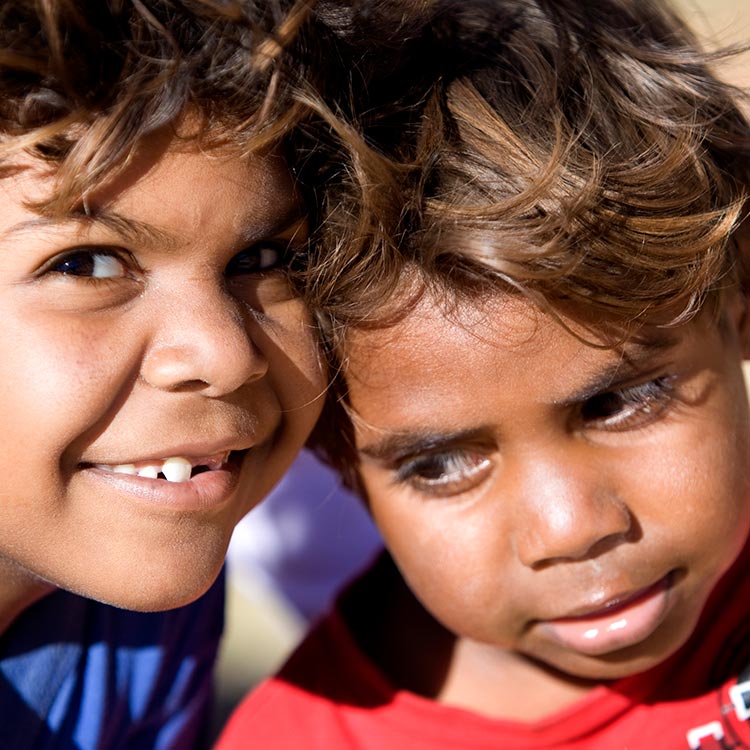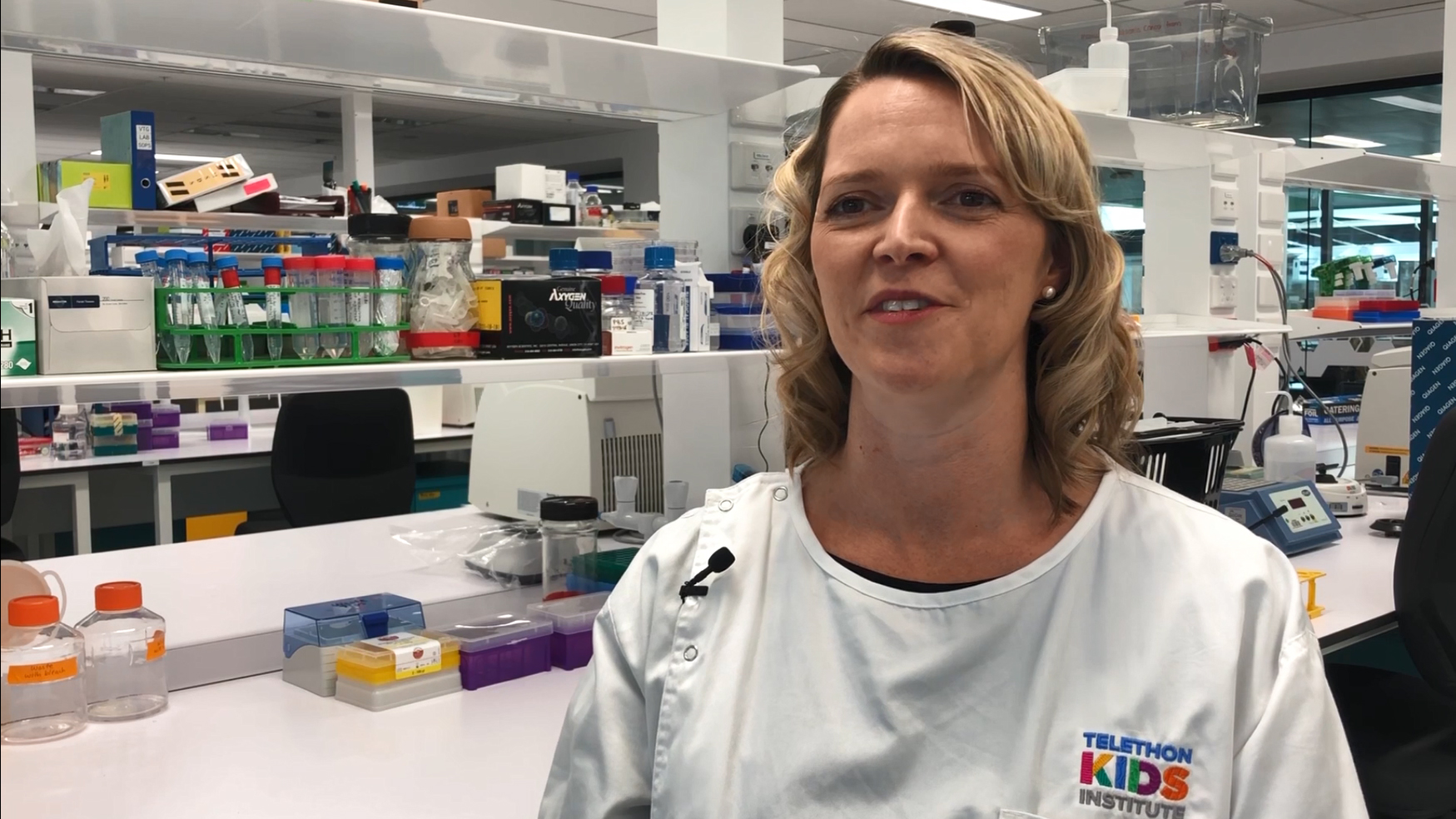Search
Research
Whole blood transcriptional responses of very preterm infants during late-onset sepsisBlood responses in very preterm infants with LOS are characterised by altered host immune responses that appear to reflect unbalanced immuno-metabolic homeostasis
Research
Global consensus on nutritional rickets: Implications for AustraliaWe conclude that updated global recommendations for therapy of nutritional rickets complement previously published position statements for Australia and New Zealand

News & Events
MRCF launches Perth-based biotech developing new treatment for Cystic FibrosisA The Kids Research Institute Australia spin-off company has received $20 million from the Medical Research Commercialisation Fund to develop a promising new therapy for the treatment of Cystic Fibrosis.

News & Events
My child is wheezing – what should I do?Almost 50 per cent of preschool children will experience at least one episode of wheeze, a whistling sound produced by the airways during breathing.

News & Events
New study shows alcohol use ‘common’ during pregnancyThe Kids Research Institute Australia's Professor Carol Bower is not surprised by new research that shows alcohol use in pregnancy is 'common'.

News & Events
Landmark youth mental health survey releasedResearchers at The Kids Research Institute Australia hope data obtained from the 2nd Australian wide survey of child and adolescent mental health will help government

News & Events
Funding boost music to the ears of WA childrenA $6 million commitment from Wesfarmers to Telethon will fund vital research to reduce the impact of chronic ear infections and other serious diseases.

News & Events
WA-first technique fast tracks urgent vaccine policyAnalysing samples is a vital part of research, providing the answers needed to move forward with innovative new treatments and life- saving vaccines.
Research
Space–time clustering characteristics of malaria in bhutan at the end stages of eliminationMalaria in Bhutan has fallen significantly over the last decade. As Bhutan attempts to eliminate malaria in 2022, this study aimed to characterize the space-time clustering of malaria from 2010 to 2019. Malaria data were obtained from the Bhutan Vector-Borne Disease Control Program data repository.
Research
Disparities in severe neonatal morbidity and mortality between Aboriginal and non-Aboriginal births in Western Australia: a decomposition analysisThe health disadvantages faced by Australian Aboriginal peoples are evidenced in early life, although few studies have focused on the reasons for population-level inequalities in more severe adverse outcomes. This study aimed to examine the scale of disparity in severe neonatal morbidity (SNM) and mortality between Aboriginal and non-Aboriginal births and quantify the relative contributions of important maternal and infant factors.
